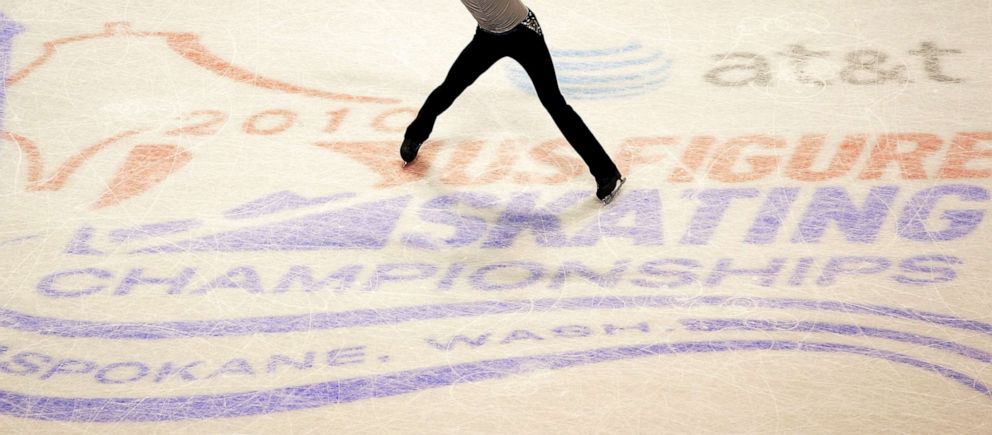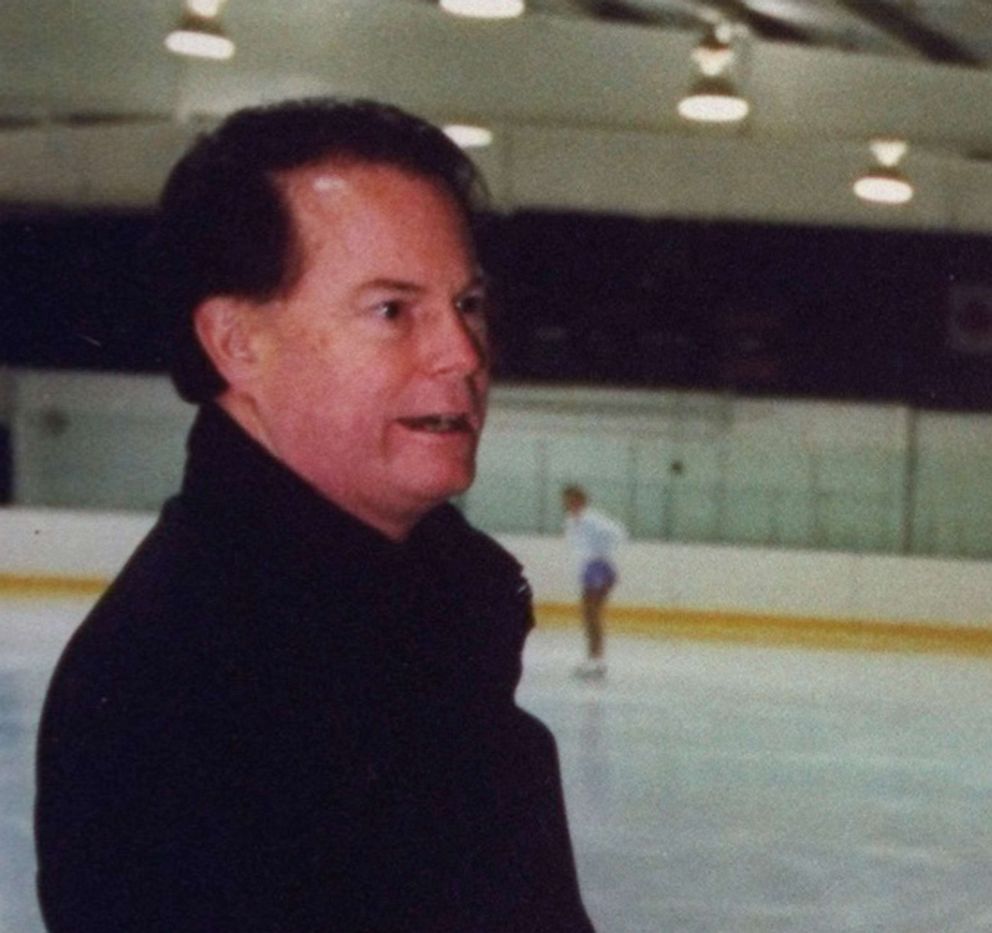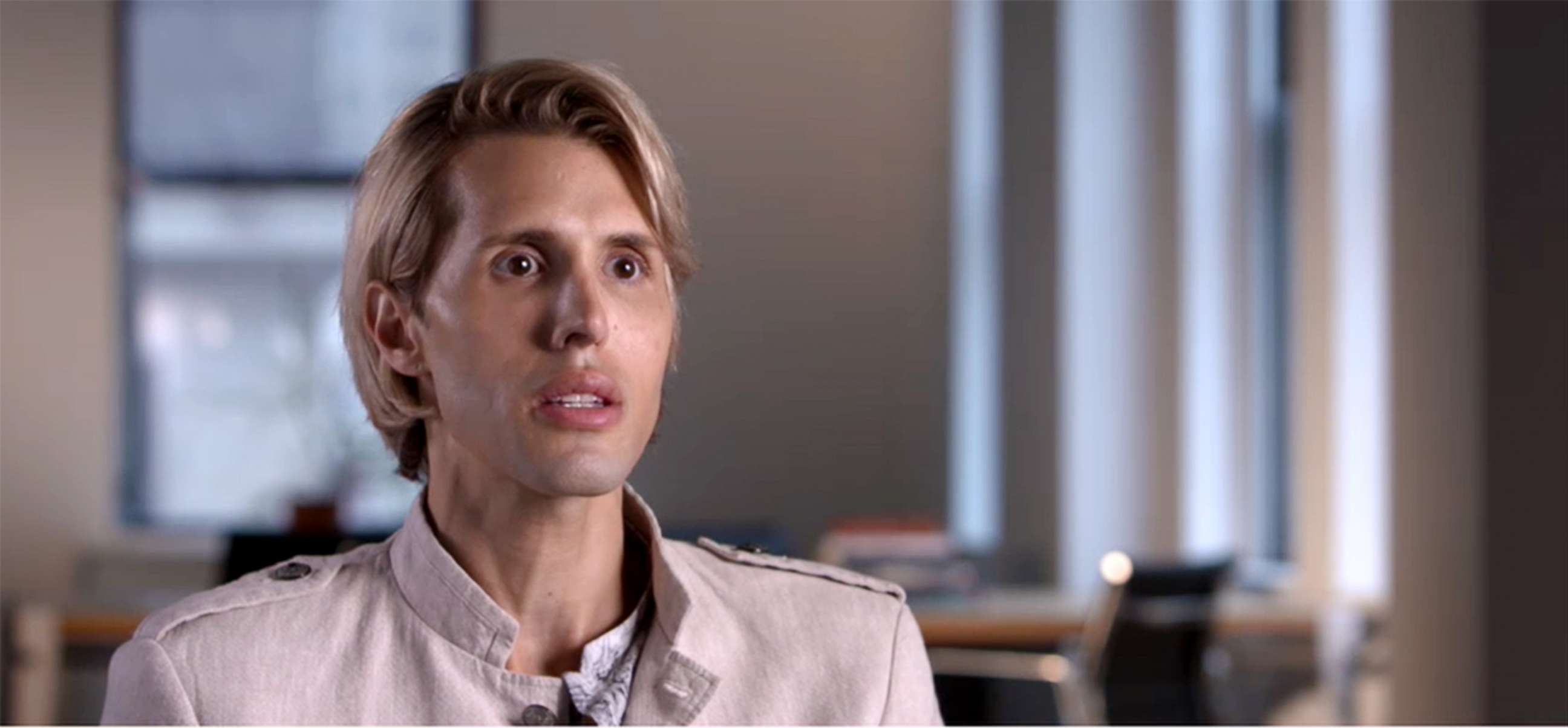US Figure Skating pays $1.45 million to settle sexual abuse claims by former skater
The settlement included no admission of wrongdoing by the federation.
U.S. Figure Skating has agreed to pay a former competitive skater $1.45 million to settle his lawsuit accusing the national governing body of being negligent in its duty to protect young athletes from sexual abuse by an allegedly predatory coach.
Adam Schmidt alleged that he suffered “numerous sexual assaults” by Richard Callaghan while training in his stable of skaters as a teenager in the years after the federation dismissed prior allegations of sexual abuse against the famed coach.
According to the terms of settlement agreement, a copy of which was obtained by ABC News, U.S. Figure Skating and its insurer agreed to the million-dollar-plus payment but “enter[ed] into this Agreement making no admissions of fault, liability, wrongdoing or misconduct of any kind, and no admissions as to the validity of any the claims or defenses in the Action.”
But, Schmidt said, the payout sends a clear message.
“I think the settlement speaks for itself,” Schmidt told ABC News. “People don’t settle things for millions of dollars for nothing.”

And Schmidt isn’t the only former skater seeking to hold the federation accountable for its alleged mishandling of the abuse allegations against Callaghan. In July 2020, skater-turned-coach Craig Maurizi also sued Callaghan and U.S. Figure Skating over his own alleged abuse by the coach in the 1970s and ‘80s and what he has called “a deliberate coverup” by the federation.
In response to questions from ABC News, U.S. Figure Skating released a brief statement.
“U.S. Figure Skating does not comment on litigation,” the statement said. “U.S. Figure Skating fully supports all victims of sexual abuse and misconduct and encourages anyone who has been abused or suspects abuse or misconduct to immediately report it to local law enforcement, the U.S. Center for SafeSport or U.S. Figure Skating.”
Callaghan, who was actively coaching in Florida until 2018, when he was suspended by U.S. Figure Skating pending an investigation by the U.S. Center for SafeSport, the Olympic Movement’s independent sexual misconduct watchdog, has repeatedly denied any allegations of misconduct. He has since filed for bankruptcy.
He was initially banned from the sport for life after SafeSport’s investigators determined that Callaghan had engaged in a pattern of sexual, physical and emotional abuse of skaters he coached, but an arbitrator later reduced that sanction to a three-year suspension, making Callaghan eligible to returning to coaching in 2022.
Attorneys for Callaghan did not immediately respond to requests for comment from ABC News.

Schmidt previously reached a $1.75 million settlement with Onyx Ice Arena in Michigan, the rink where Callaghan rented ice time and the alleged abuse took place, bringing the total payout to $3.2 million, a landmark figure with potentially far-reaching implications. Onyx Ice Arena also admitted no wrongdoing.
“There’s no amount of money that can undo what’s been done to Adam,” said Alex Cunny, an attorney for the prominent sexual abuse litigation firm Manly, Stewart & Finaldi, which represents Schmidt. “But the organization failed Adam in so many ways, so getting a settlement of that amount speaks to gravity of the harm that Adam suffered.”
The settlement is the latest chapter in a controversy that has dogged the sport for decades. Schmidt filed a lawsuit in San Diego Superior Court in August 2019 against U.S. Figure Skating, Onyx Ice Arena, and Callaghan, alleging that he was repeatedly abused by Callaghan while training under him as a teenager from about 1999 to 2001.
Maurizi, another former student in Callaghan’s stable, had accused Callaghan of sexually abusing him when he was a young skater from about 1977 to 1986 in a grievance filed with the federation in 1999 that included statements from several other people who had either allegedly suffered or witnessed sexual misconduct by Callaghan.
He told his story to several major media outlets at the time, including ABC News, but Callaghan denied Maurizi’s claims, and the federation dismissed the grievance without full consideration because skating bylaws stipulated that alleged misconduct must be reported within 60 days. Callaghan — one of the world’s top coaches at the time whose list of students included some of the sport’s biggest names — was allowed to continue coaching.

That decision, Schmidt’s complaint said, allowed Callaghan’s alleged abuse of Schmidt to “continue unabated,” resulting in what the complaint describes as a litany of trauma-related psychological damages, including “anxiety, depression, fear, grief and stress.”
“[U.S. Figure Skating], knowing full well of the allegations of sexual misconduct, failed to investigate, failed to warn [Schmidt] of these prior bad acts, and did nothing to inhibit [Callaghan’s] access to minor children under his tutelage or those who were present at the events he attended,” the complaint said. “Despite this litany of sexual abuse and misconduct complaints made against [Callaghan], [Callaghan] remained in good-standing with [U.S. Figure Skating] until 2018.”
Schmidt told ABC News that he only became aware that Callaghan had been previously accused of sexual abuse when Maurizi’s claims received renewed media attention in the wake of the USA Gymnastics sexual abuse scandal involving disgraced team doctor Larry Nassar.
“How did this happen? Why 20 years ago did everyone know and do nothing?” Schmidt said. “Because if they would have done something then … I never would have been abused.”
With the legal battle behind him, Schmidt says he hopes that he can find a way forward – for the first time – without figure skating.
“I’ve suffered, broken down and tried to move on with my life,” Schmidt told ABC News. “I washed my hands clean of that organization years ago.”




